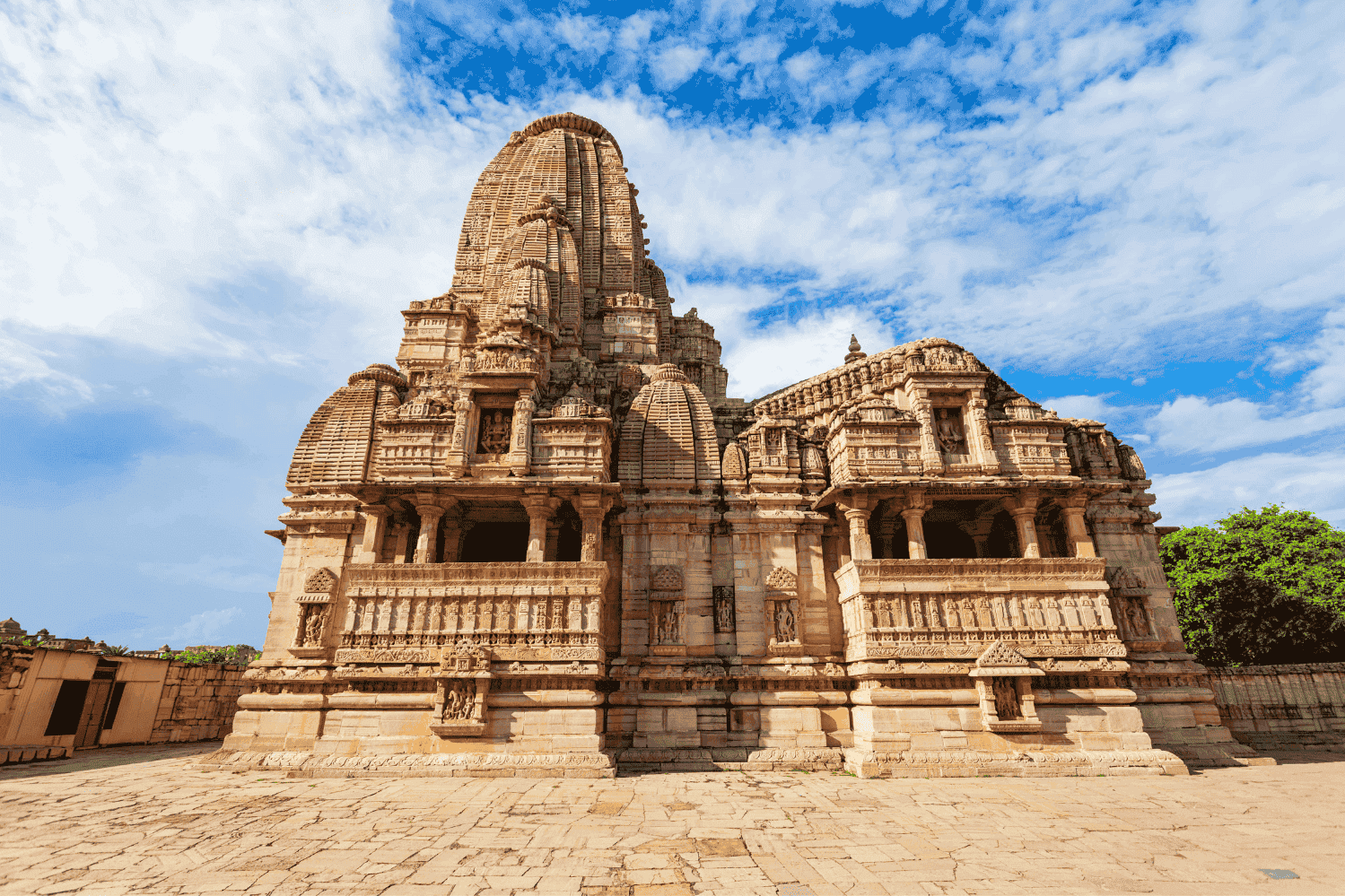Lokayukta

Introduction
Lokayukta is derived from the Sanskrit word “Loka” meaning “people,” and “Ayukta” meaning “appointed.” Hence it represents an ombudsman institution developed in civil states of India for addressing maladministration and corruption. It plays a significant role in ameliorating accountability, and transparency and mitigating corruption within the Indian government.
The Lokayukta can also be referred to as the civil commissioner in the Indian government who is an ombudsman, executed into power through and for each state administration of India. It is brought into effect in the provinces of India after passing the local yukta app in that respective province legislature and an individual of well-received background is nominated for this position.
Origins of Lokayukta
- It is noted that the Scandinavian ombudsman model served as inspiration for the advent of the Lokayukta notion in Odisha in 1970. This notion picked up the pace across India, prompting the establishment of Lokayukta organisations in several provinces of India.
- The Lokayukta Act, which was passed in 2003, based on the Central Vigilance Commission Act, provides the institutions the authority to look into allegations of corruption against bureaucrats and public servants.
Functions of Lokayuktas
One of the important functions of these individuals is to investigate several allegations and complaints of corruption against public officials including MLA's government representatives and so on. Investigating instances of indirect nepotism and bribery are also included in these. It is significant to note that Lokayukta serves as a platform for citizens to register complaints against public servants and representatives regarding per option and maladministration. It also facilitates the redressal of complaints and ensures that the residents and their interests are properly heard and tended to. In addition, after finding evidence regarding the corruption, Lokayukta has the power to suggest the commencement of criminal procedures against the convict. It helps in enhancing the deterrence impact highlighting a commitment to consider transgressors accountable. It is also noted that apart from the cases of corruption, Lokayukta is responsible for investigating the initiatives and lapses of administration within the Indian government. It also helps in ensuring a comprehensive review of public administration and also facilities in promoting enhanced governance practices. Lokayukta assumes a major part in advancing model lead among public specialists. The tension towards this investigation and potential repercussions goes probably as an obstruction engaging adherence to the moral standards and putting degenerate practices down.
Implications of Lokayukta
- It enhances accountability as the investigations of Lokayukta as an impediment against degenerate practices. Due to the potential repercussions, public officials are less likely to be involved in corruption fostering a culture of integrity.
- In addition, the Lokayukta enabled people to voice their opinions and express dissatisfaction with corruption and mismanagement.
- Accountability and democracy are reinforced by this participatory policy.
- Eventually, the presence of the Lokayukta helped to facilitate cultural exchange with the Indian government. The culture of the institution is gradually altered by its promotion of ethical and responsible conduct.
Challenges faced by Lokayuktas
- The presence of bureaucratic obstacles and limited resources results in prolonged delays. By having a belief in the collective society, Lokayuktas can work towards their objectives.
- Local restrictions on Lokayuktas are among the significant concerns. This power is not granted because of the Prime Minister's limited authority.
- The enactment of more stringent regulations results in diminished institutional viability and questions about value. The primary concern is the potential for political obstruction.
- To succeed, Lokayukta must work independently, without any involvement from the political sphere.
- It should be noted that Lokayukta's abilities are not widely known among the local population. Due to a lack of awareness, people cannot effectively participate in institutions, which limits the possible consequences of lowering corruption standards.
Conclusion
Lokayukta, as a foundation, plays a critical part in relieving the challenges of corruption and maladministration. While these intricacies persevere, the ramifications of Lokayukta on improving liability, progressing ethical behaviour and enabling inhabitants could not possibly be more significant. To build up this foundation, addressing these challenges and raising public awareness are major elements of Lokayuktas. Additionally, this position contributes to the development of a corrupt and accountable government and its enhancement for the country's development.
FAQ
1. The confidentiality of the complainant and the public servant named in the complaint will be maintained?
No, the name of the complainant and the public servant is usually not disclosed unless it is essential to conduct the preliminary investigation.
2. Who can file a complaint against the public servant?
According to the form amended with the Lokpal Rules of 2020 which was notified on 2nd March 2020, a complaint can usually be filed by an association of persons, a company, a board, individual authorities and so on.
3. How can a person check the status of the complaint?
On Lokpal online complaint software by entering the diary number of the complaint number, a track record can be kept.